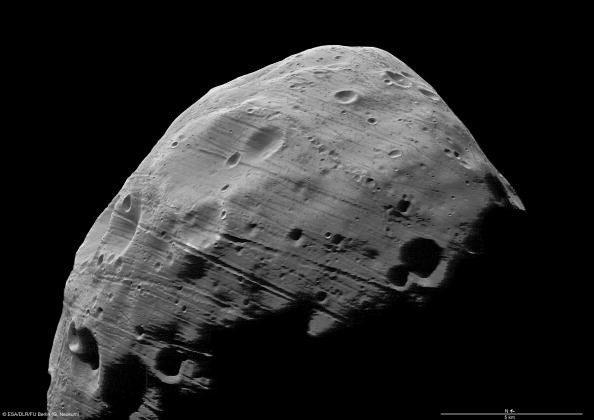Meteorites might have delivered the first Earth life components. This is what some Japanese space scientists claim in their new study.

If this is true, then their discovery can be quite helpful in knowing more about the first life forms on Earth.
The Japanese space experts shared their findings in the new study titled "Identifying the wide diversity of extraterrestrial purine and pyrimidine nucleobases in carbonaceous meteorites," published in the Nature Communications Journal on Apr. 26.
First Earth Life Components Came From Meteorites?
According to 9News AU's latest report, Japanese space scientists claimed they saw various compounds in carbon-rich meteorites.

Also Read : Lyrids Meteor Shower Is Coming, Here's How to Watch It and Take Photos Using Camera or Smartphone
These compounds are needed for DNA and RNA to form. Yasuhiro Oba, an astrochemist professor at Japan's Hokkaido University, analyzed three different meteorites.
Oba and his team observed the Murchison meteorite, which is located in Australia, and the Lake Murray and Tagish Lake meteorites.
"The influx of such organics is considered to have played an important role in the chemical evolution of the Earth's primordial stage," explained Professor Oba.
The Japanese space scientists claimed that all the four main nucleobases (DNA building blocks) were present in the space debris.
As of writing, Oba and his team are still studying these meteorites since some molecules remain unidentified.
Space Life Still Being Pursued
While some space experts focus on understanding how Earth life came to be, other scientists explore the universe to find other life forms.
New spaceflights are expected to be conducted on Venus, one of the planets with many similarities to Earth. One of the companies that will further explore Venus.
The Massachusetts Institute of Technology is preparing its so-called Venus Life Finder (VLF) space mission series.
On the other hand, a new all-sky camera network captured an unusual meteorite fireball.
Meanwhile, a NASA asteroid warning was issued on Jan. 11.
For more news updates about meteorites and other space objects, always keep your tabs open here at TechTimes.
This article is owned by TechTimes
Written by: Griffin Davis




